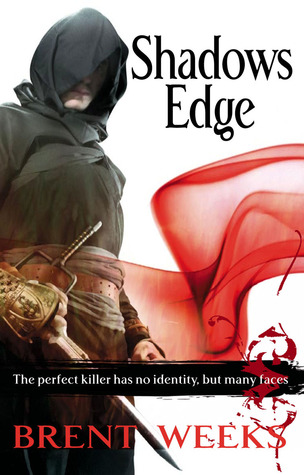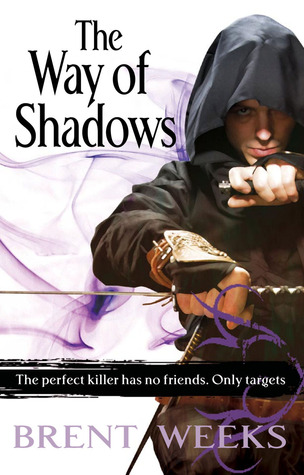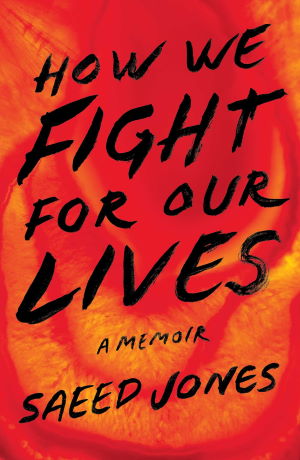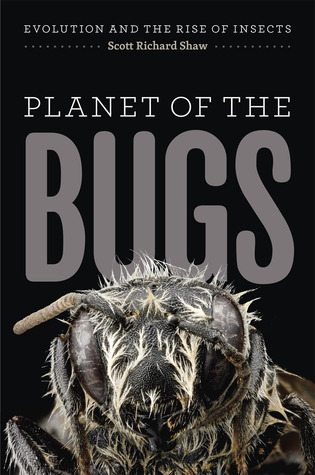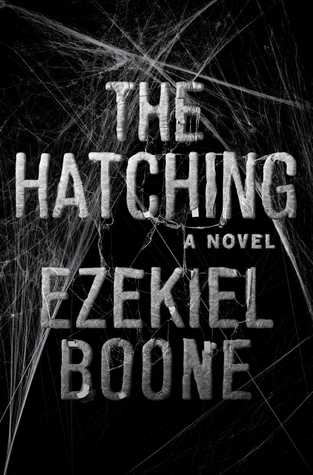Starsight (Skyward #2), by Brandon Sanderson

What I like about Brandon Sanderson is his optimism. In the Skyward universe people are quarantined on a planet while regular alien incursions must be repelled by younger and younger pilots flying crappier and crappier fighters. Anyone else would have made this a bleak post-apocalyptic story. Not Sanderson. He somehow makes it feel cheery!
In Starsight we learn more about the aliens and the thing that made them all hate humans so. Spensa has to navigate (pun intended) another flight training school, but in a totally different context and the things she learns are even more valuable for the survival of the human race.
This is a simple linear book with few but relatable characters and a fast pace. I finished it in a day. Skyward is not the best series of Sanderson's, being of a sub-genre that I disconsider, the one of the smart savage that learns the secrets of the world and advances in it with no particular problems and often with the help of overpowered "ancient" artifacts. It's not really that bad here, but I have to compare it with The Reckoners, which has a similar cheery vibe, but also terrible loss and realistic pain. Skyward is just too soft.
Bottom line: almost pulp, I enjoyed reading the book, but I also felt that it didn't bring too much at the table.

